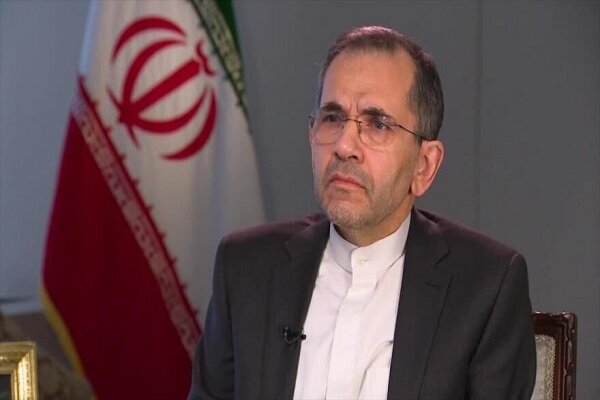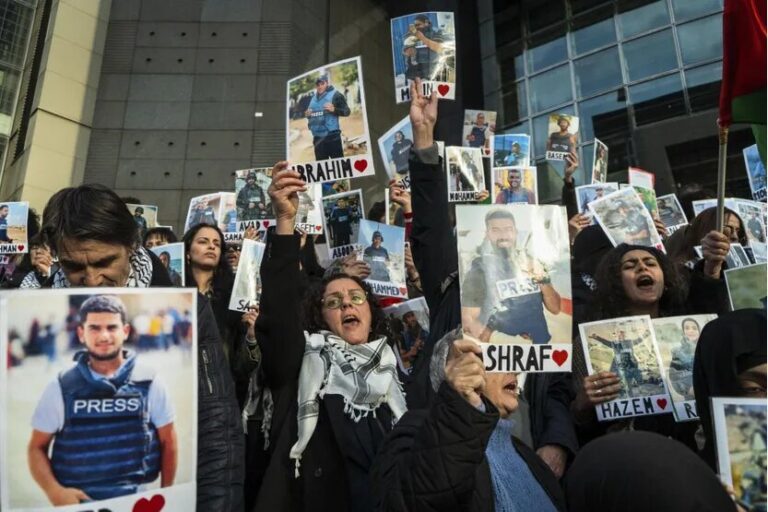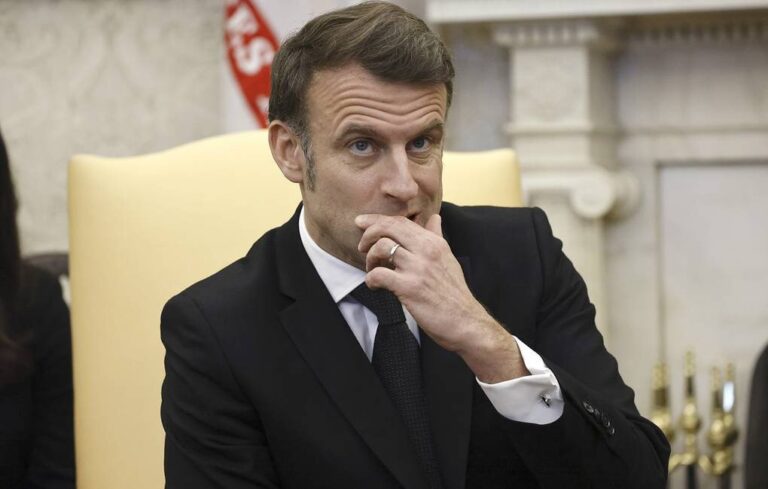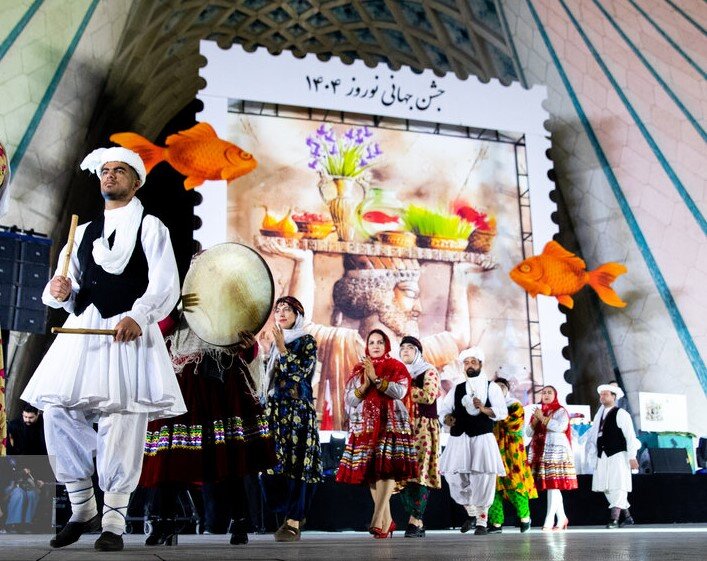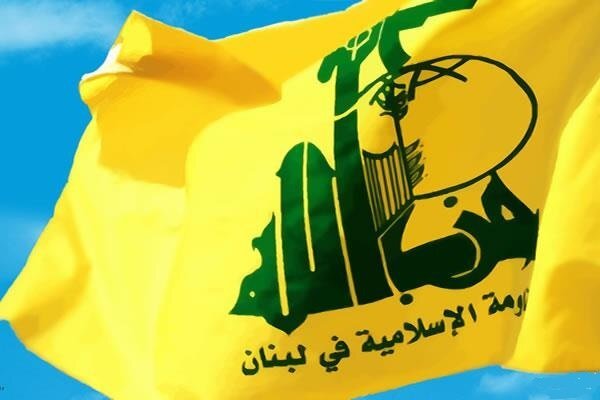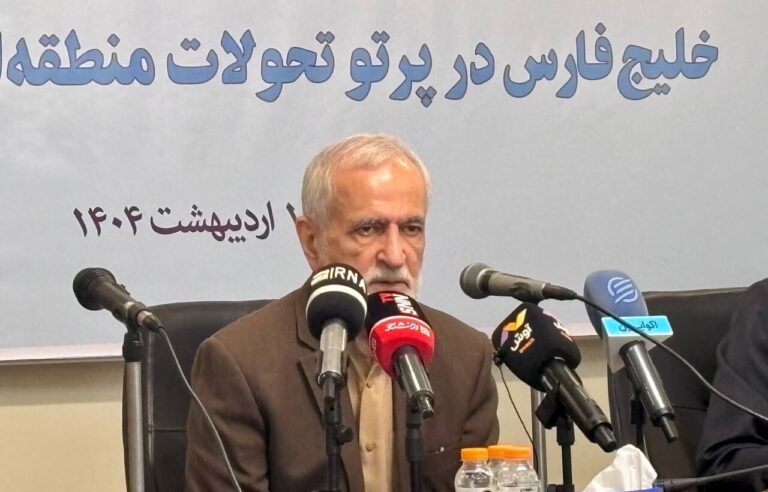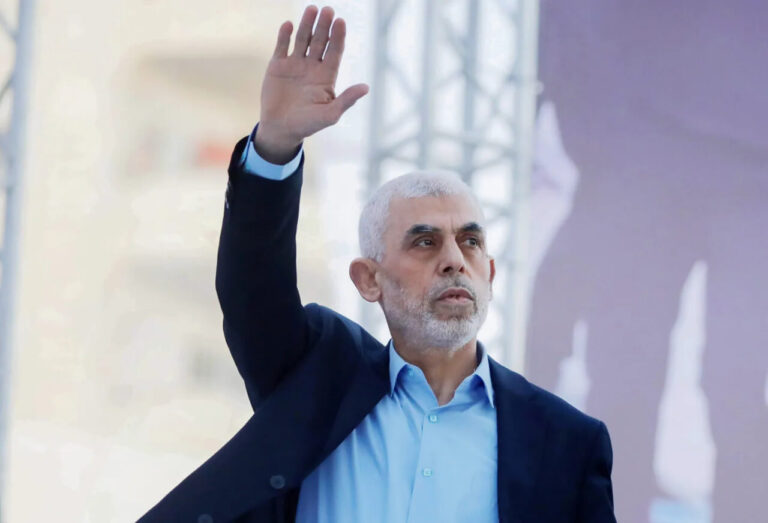Path to Agreement: Ending US Threats and Intimidation Could Pave the Way
The Islamic Republic of Iran has reaffirmed its commitment to engaging in discussions about its peaceful nuclear program. This comes as Deputy Foreign Minister for Political Affairs, Majid Takht-e-Ravanchi, recently addressed the ongoing negotiations with key global players, including China, Russia, and three European nations. In a meeting held in Serbia, he emphasized the importance of constructive dialogue as a pathway to resolving nuclear concerns.
During the discussions, Takht-e-Ravanchi highlighted the indirect negotiations taking place between Iran and the United States in Muscat. He expressed optimism about the potential for an agreement, provided that the American side refrains from introducing irrelevant issues and avoids threats and intimidation.
“If the American side does not raise irrelevant issues and demands and puts aside threats and intimidation, there is a good possibility of reaching an agreement,” he stated. This statement underscores Iran’s desire for a respectful and constructive dialogue in the ongoing negotiations.
Furthermore, Takht-e-Ravanchi emphasized Iran’s dedication to fostering the best possible relations with neighboring countries. He stated that “dialogue and interaction are the most important strategies for resolving regional issues.” This approach highlights Iran’s commitment to cooperation and mutual respect in dealing with both regional and international challenges.
In summary, the key points from Takht-e-Ravanchi’s address include:
- Commitment to Peaceful Nuclear Talks: Iran is actively engaged in discussions regarding its nuclear program with major global powers.
- Optimism for Agreement: The Deputy Foreign Minister expressed hope for reaching an agreement if the U.S. avoids irrelevant demands.
- Focus on Dialogue: Iran advocates for dialogue and mutual respect in international relations.
- Regional Cooperation: Building strong relationships with neighboring countries is a priority for Iran.
Takht-e-Ravanchi’s remarks reflect a broader strategy by Iran to assert its position on the global stage, particularly concerning its nuclear ambitions. The Islamic Republic aims to demonstrate that it is open to negotiations and is ready to engage in meaningful dialogue without compromising its principles.
This diplomatic approach is not only crucial for Iran’s international relations but also for regional stability in the Middle East. By prioritizing dialogue over conflict, Iran hopes to create a more conducive environment for negotiations. This, in turn, could lead to a more stable and secure region, which benefits all parties involved.
In light of these developments, the international community is watching closely. The potential for an agreement could pave the way for enhanced cooperation and understanding between Iran and other nations, particularly those in the West. The focus on peaceful dialogue and mutual respect could serve as a model for resolving other contentious issues globally.
As the situation evolves, it will be essential for all parties to remain engaged and committed to the principles of diplomacy. Iran’s readiness to discuss its nuclear program is a significant step in this direction, and the upcoming negotiations will be crucial in determining the future of these discussions.
In conclusion, the Islamic Republic of Iran is poised to engage in meaningful discussions about its nuclear program, emphasizing the need for respect and cooperation. This diplomatic effort highlights Iran’s strategic priorities and its commitment to regional stability through dialogue.
As the negotiations unfold, the world awaits to see how these talks will shape international relations and contribute to a more peaceful future. The Islamic Republic’s stance serves as a reminder of the importance of dialogue in addressing global challenges and fostering understanding among nations.
